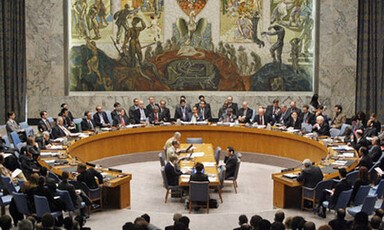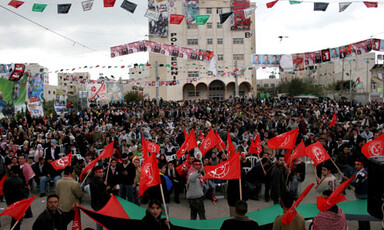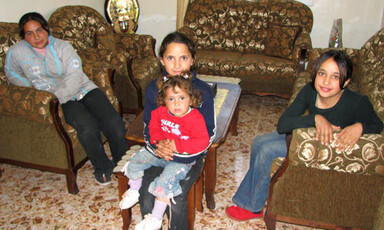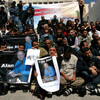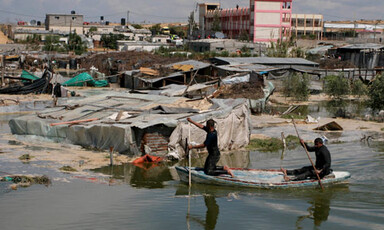
Whose responsibility?
9 April 2007
More than a week ago, the walls of an overused cesspool in northern Gaza collapsed, flooding a nearby Bedouin village with up to two meters of raw sewage. At least five people drowned to death, with dozens more left sick, injured, or missing. Predictably, the international community’s fingers are pointed at the Palestinian Authority, which was warned of the danger of Beit Lahia treatment plant’s flooding but did not take the necessary steps to ensure the villagers’ safety. To many, it’s just another example of how the Palestinians are incapable of ruling over themselves. But the PA is only part of the problem. Read more about Whose responsibility?



